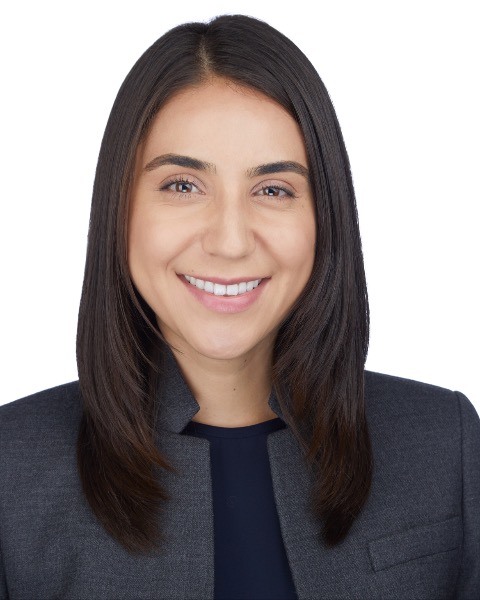Behavioral and Social Sciences
STAR Caregivers: Implementation of an Evidence-Based Program in Real-World Settings
-

Susan McCurry, PhD (she/her/hers)
Research Professor Emeritus
School of Nursing
University of Washington
Seattle, Washington, United States -

Robert Penfold, PhD (he/him/his)
Senior Scientific Investigator
KPWHRI
Kaiser Permanente Washington
Seattle, Washington, United States -
MK
Michele Karel, PhD, ABPP (she/her/hers)
National Mental Health Director, Geriatric Mental Health
Office of Mental Health and Suicide Prevention
Office of Mental Health and Suicide Prevention, Veterans Health Administration
Washington, District of Columbia, United States -

Maggie Ramirez, PhD, MS, MS (she/her/hers)
Assistant Investigator
Department of Health Systems and Population Health
University of Washington School of Public Health
Seattle, Washington, United States -

Robert Penfold, PhD (he/him/his)
Senior Scientific Investigator
KPWHRI
Kaiser Permanente Washington
Seattle, Washington, United States -

Skye Satz, BSc, CDP (she/her/hers)
Memory Care Program Manager
Memory Care Program
CRIS Healthy Aging
Champaign, Illinois, United States
Chair(s)
Co-Chair(s)
Discussant(s)
Individual Symposium Abstract First Author(s)
Evidence-based non-pharmacological community programs to improve care of older adults with dementia are growing. However, many programs have historically been tested in research studies that fail to reach medically underserved populations or communities with unique service needs. STAR-Caregivers (STAR-C, also known as STAR-Community Consultants) is an evidence-based psychosocial support and skill training program designed to teach family caregivers how to identify and increase pleasant events, improve communication, and use behavioral problem-solving skills to reduce the problems experienced by their family member with dementia while improving quality of life for both persons in the caregiver-care receiver dyad. Since its original randomized controlled trial in 2005, STAR-C has been translated in a variety of real-world settings, including in Area Agencies on Aging throughout Oregon and Washington state. This symposium describes three recent new translation efforts: (1) implementation of STAR-C as a virtual training program (STAR-VTF) for caregivers of persons with dementia who are part of the Kaiser Permanente Washington health care system; (2) cultural adaptation of STAR-VTF for Latino caregivers, and (3) incorporation of STAR-C into a largely rural community care setting in Illinois during the COVID-19 pandemic using Amazon Echo technology to conduct telehealth community dyad STAR-C sessions and connect clients to supplemental services. Each presenter will discuss the dementia care needs in their respective populations, the challenges encountered in translation of STAR-C to serve target caregiving dyads, and lessons learned regarding treatment effectiveness and program sustainability.
Learning Objectives:
- After attending this session, participants will be able to describe recent efforts being made to extend outreach of the STAR-Caregivers dementia training program to underserved caregiver/care-receiver dyads.
- After attending this session, participants will understand issues that impact translation of evidence-based caregiver training programs including factors associated with treatment effectiveness and program sustainability.
Presentations:
-
10:00 AM – 11:30 AM ETVirtual Training for Managing Symptoms of Dementia: A Cultural Adaptation for Latino Caregivers
Individual Symposium Abstract First Author: Maggie Ramirez, PhD, MS, MS (she/her/hers) – University of Washington School of Public Health
-
10:00 AM – 11:30 AM ETRecruitment and Baseline Results for the STAR Caregivers Virtual Training and Follow-Up Pragmatic Trial
Individual Symposium Abstract First Author: Robert B. Penfold, PhD (he/him/his) – Kaiser Permanente Washington
-
10:00 AM – 11:30 AM ETUtilizing Technology and Integrated Services to Support Family Caregivers in Rural Communities
Individual Symposium Abstract First Author: Skye A. Satz, BSc, CDP (she/her/hers) – CRIS Healthy Aging
